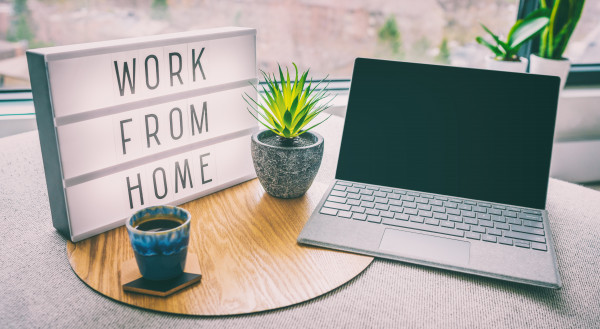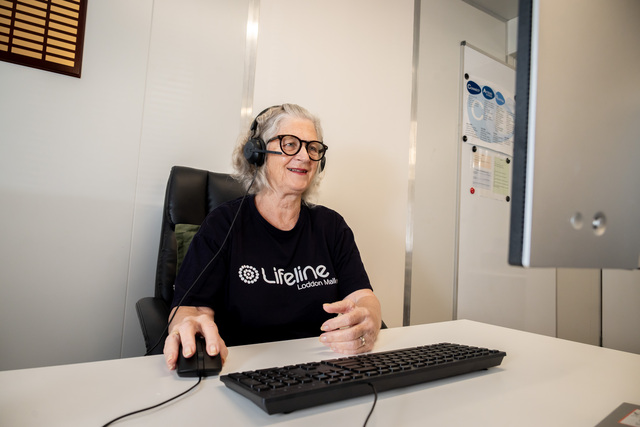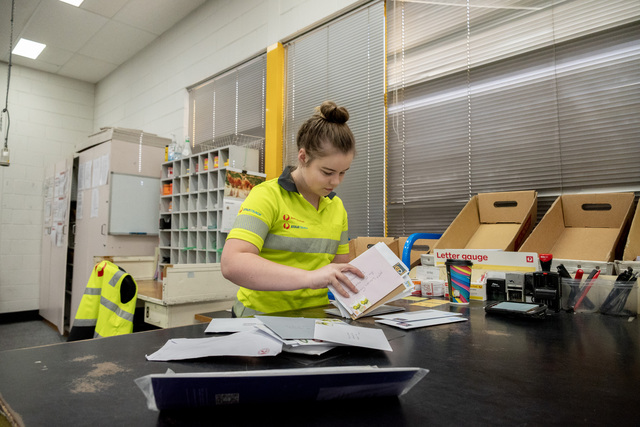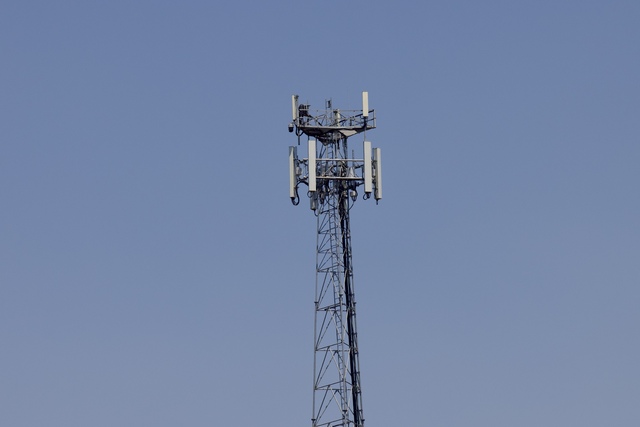THE coronavirus crisis may change workplaces forever.
Many employees across a range of businesses are now set up and working from home. It’s not a new concept, but the pandemic has forced work-from-home arrangements on us at a rapid rate.
At Sunraysia Daily, we’ve had journalists, photographers and staff of other departments working from home for a few weeks now. Some still come into the office, but others are staying in isolation. They are working the phones and communicating online, but that is the extent of the connection.
The face-to-face contact with people in and out of the office that I believe is important as a journalist has to be shelved indefinitely.
The ideas that are brainstormed in a room full of news-hungry reporters gets a bit lost in the process. But, like all businesses across the world, we are having to adapt.
A number of major city newspapers are now being produced completely off site with their offices shut. It’s incredible to think that would have been possible only a few months ago.
Many people find the transition to working from home difficult. For one, they miss human interaction, particularly with other adults.
I have three young kids, so working from home presents challenges on a number of fronts. Balancing work with feeding a one-year-old, while keeping the other two entertained, is not easy. The overall feeling is that you are not managing to achieve much at all.
For others, though, working from home is proving to have serious benefits.
One study showed a 13 per cent increase in performance for employees working from home.
Part of this may be due to an increased ability to focus and less distraction — perhaps they don’t have kids!
Working from home usually means employees have greater autonomy over how they do their work, including the hours and conditions, and how they manage their lives and other responsibilities.
These benefits of teleworking have been shown to lead to greater job satisfaction, lower absenteesim and turnover, increased commitment to the organisation and, importantly, reductions in stress associated with work.
But it’s not just the adults who are adapting to working from home during this crisis.
In Victoria, schoolkids are now doing the same.
Schools in Sunraysia are doing their best to make this transition to remote learning as smooth as possible for parents and children. Speaking from my own experience with a daughter in primary school, they are doing a fantastic job.
But, like everything in the world right now, I hope the school situation returns to some level of normality sooner rather than later.
It’s not so much an academic issue as a social one for kids who are simply missing their friends.
As adults, we get this.
Studies have shown working from home for extended periods can leave employees feeling socially and professionally isolated.
While workplaces may change once the coronavirus crisis subsides, and staff increasingly work from home in the future, I think things need to be balanced.
Workplaces are important for a range of reasons, not the least for the very health of the towns and cities where they are located. These need people to come in to their offices to help spend money and drive economies.
And, let’s face it, we don’t want to be a community of working hermits connected only by technology.
Being stuck in isolation isn’t that much fun.

















